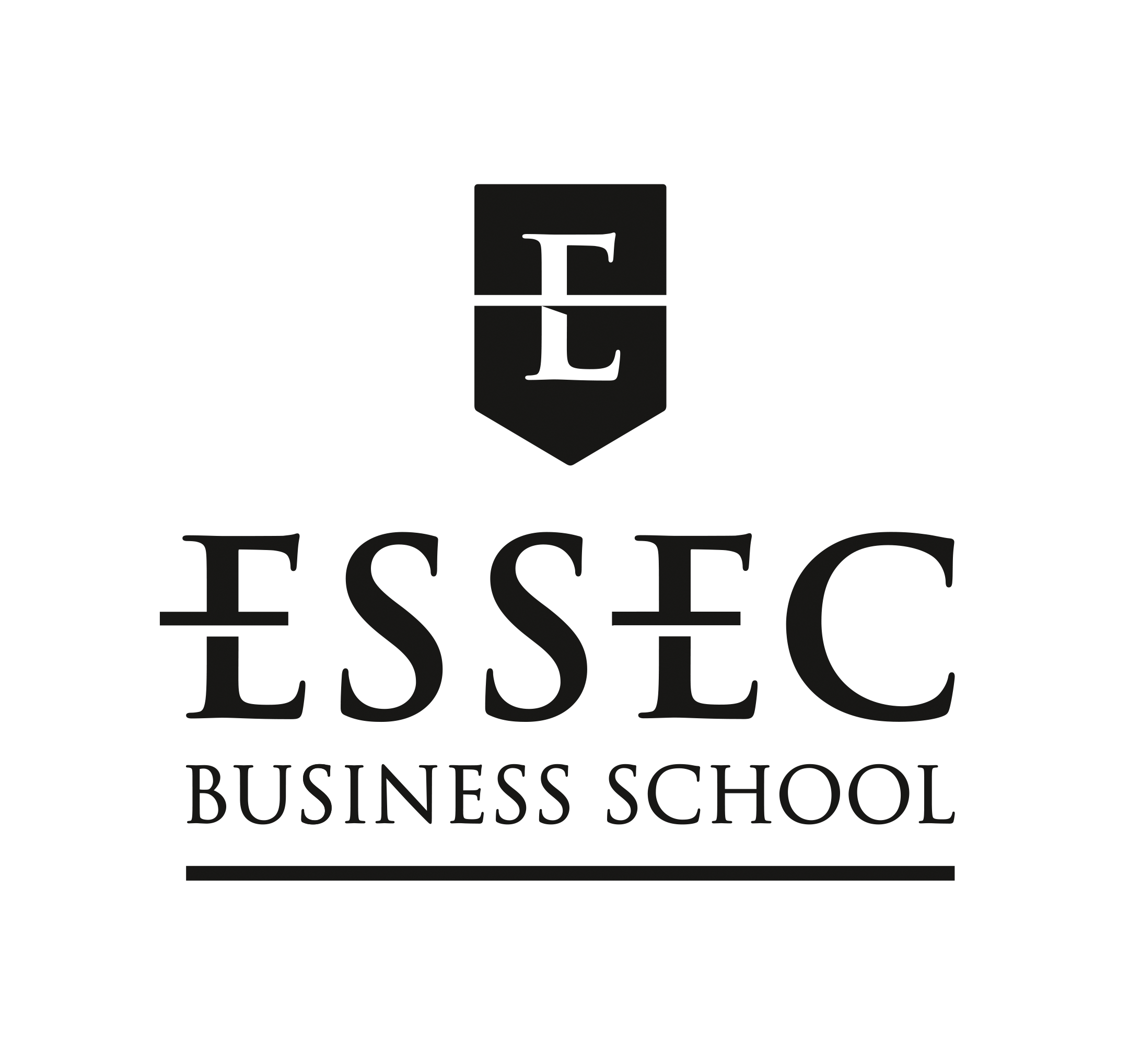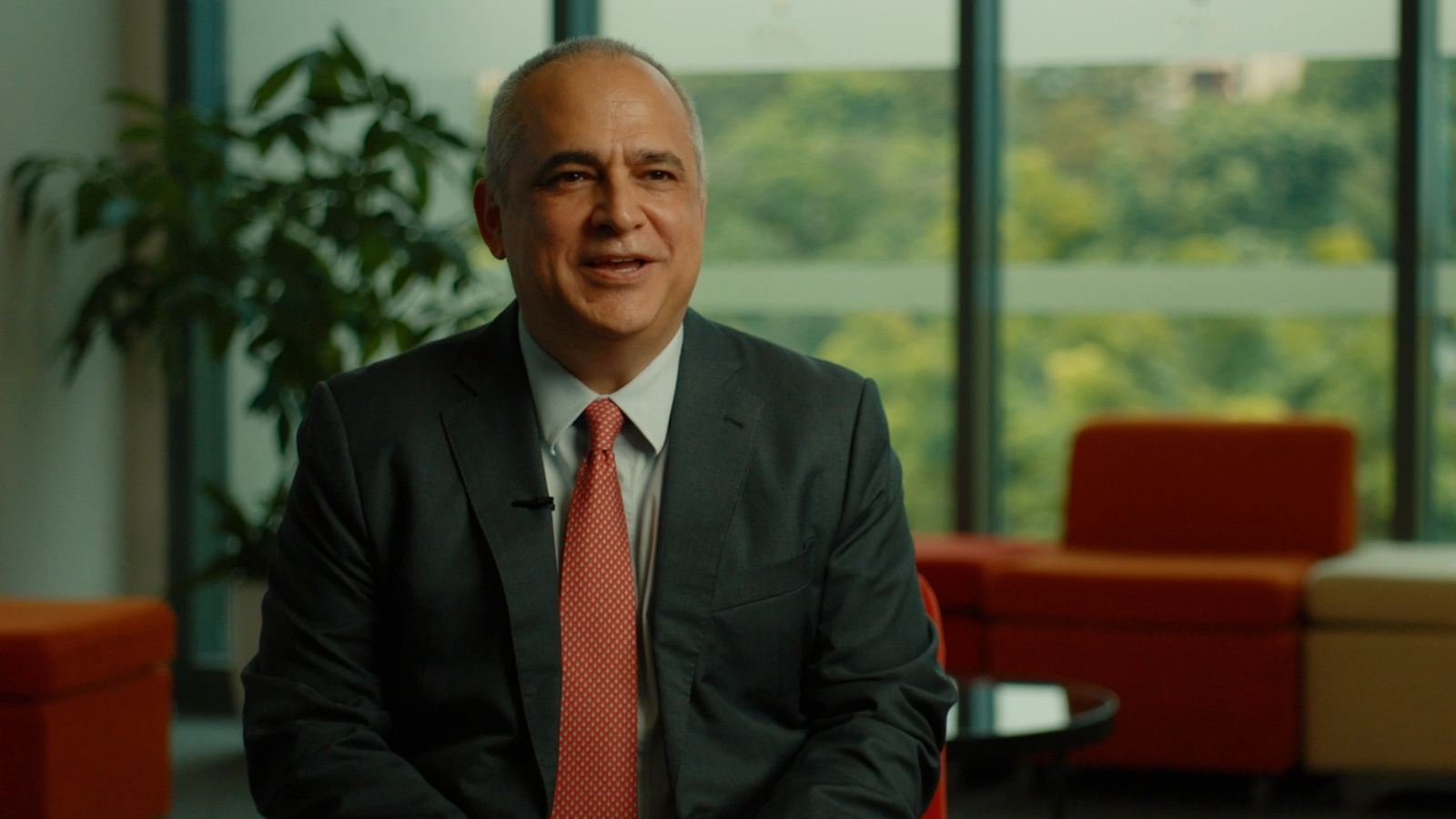At ESSEC Business School’s Global Bachelor of Business Administration (GBBA) program, developing the leaders of tomorrow goes beyond simply training students in business skills.
It also includes developing global citizens—culturally and socially aware people who understand global challenges such as poverty, inequality, climate change, and more.
Here are three ways the program at ESSEC Asia-Pacific achieves this.
1 | Avenues for International Exposure
Students are encouraged to explore the world by leveraging the school’s intercampus mobility to study at the ESSEC Cergy and Rabat campuses, exchange with one of ESSEC’s over 175 partner universities, or take on a double-degree program.
These immersive experiences are more than a chance to seek adventure and explore the world—they are also a time to develop cultural understanding and see in person how history and geopolitical factors can impact a country.
Indian alumni Akarsh Thodupunuri, who went on exchange in Paris and Rotterdam, recalls the experience as “truly transformative.” “It completely transformed my perspectives and gave me a deep understanding of cultural nuances as well as how to think holistically,” he shares, adding: “It also motivated me to participate in diversity, equity, and inclusion (DE&I) initiatives to help others open doors in the field of business.”
2 | Diversity on Campus
That said, GBBA students barely need to leave campus to begin their global journey. The diversity of the student body means one will interact with classmates from China, India, Europe, and more from the first day of school.
Group projects are a curriculum staple, giving them ample time to develop intercultural communication skills and collaborate with classmates of different nationalities in a setting that mimics the workplace.
In addition, GBBA students are required to take at least one foreign language while at ESSEC. This, too, is a form of cultural immersion, as it offers them a chance to learn another country’s etiquette and social norms.
3 | Emphasis on Social Responsibility
Finally, the school’s curriculum also emphasizes the importance of social responsibility. This theme is woven into classes, and those interested in it can take on the Responsible International Leadership (RIL) track in collaboration with the Darla Moore School of Business in the United States.
All students must also undertake a one-month social project with a non-profit or charity. This exposes them to the challenges communities worldwide may face and fosters a sense of empathy and social responsibility.
The social project led a final-year student from Korea, Eun Li Seo, to an internship at the Social Service Agency (SSA) Lions Befrienders. The benefits to her were twofold: besides training her planning and time management skills as she organized activities for senior citizens at active aging centers, she also became more conscious of the needs of an aging population.
Akarsh, who spent his social project at the Singapore Red Cross, feels similarly. Looking back at his time at ESSEC, he says: “The school truly taught me the value of being a responsible leader and giving back to society.”
RELATED POSTS
Balancing Academics and Extracurriculars at ESSEC
Learn how ESSEC Asia-Pacific students successfully juggle demanding academics with a thriving student life and personal growth.
Study Your Way: 5 Perfect Spots Near ESSEC APAC for Every Study Mood
Discover five student-approved study spots near the ESSEC Asia-Pacific campus, perfectly suited to match your study style and mood.
From Classmates to Community: Building Your Global Network at ESSEC
Learn how ESSEC Asia-Pacific builds a global, lifelong support system in Singapore.
Making Connections: Networking Opportunities at ESSEC Asia-Pacific
From casual conversations to curated events: Discover the ESSEC Asia-Pacific networking advantage in Singapore.
Beyond the Books: Fun, Food, and Friendships in ESSEC Asia-Pacific
Discovering Singapore, Connecting Globally: Student Life, Community, and Culture Beyond the Classroom at ESSEC Asia-Pacific.
Building an International Career with ESSEC: The Master in Finance That Opens Global Opportunities
Rick Marchese, former Wall Street investment banker and ESSEC Professor, highlights that in today’s volatile economy, credentials from top…








